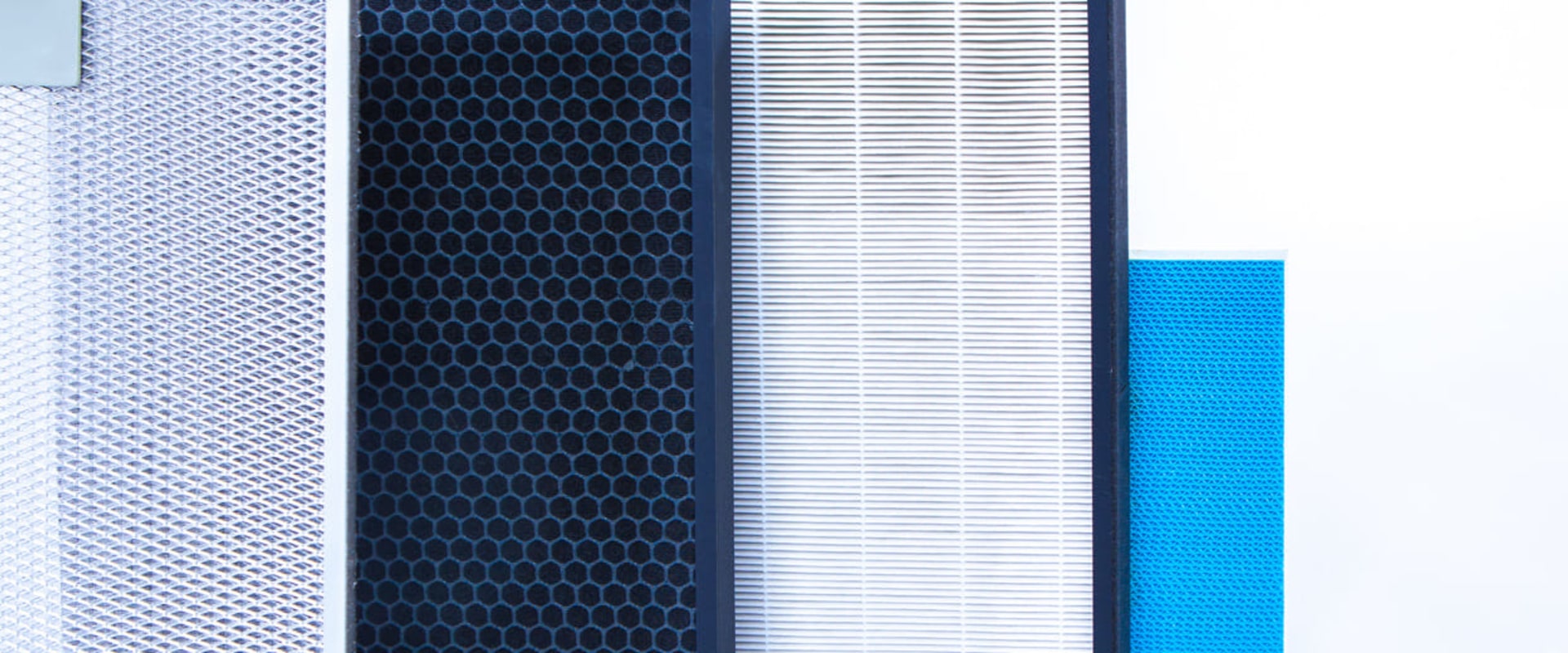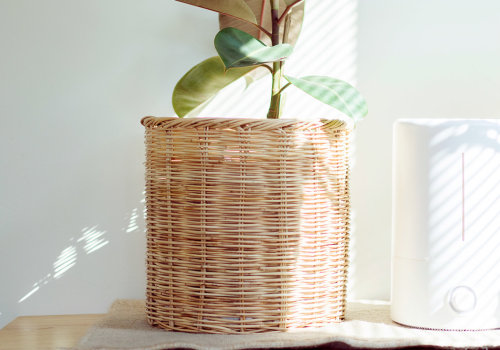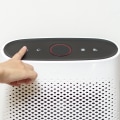HEPA filters are an excellent way to reduce particles such as dust mites, pet dander, pollen, and mold spores in your home. If you are concerned about these types of particles, updating your air filters with HEPA filters will help keep your family protected. HEPA filters are effective at trapping large particles such as pet dander, pollen, and dust mites. However, other particles may still be present in the filter.
Air purifiers using HEPA filters can capture coronavirus-sized particles. However, its real effectiveness in preventing someone from contracting the virus is still unknown since the transmission rate may be faster than the air purifier can capture the particles. Therefore, it is important to follow CDC advice on the best methods to reduce the risk of transmission and avoid exposure to the virus. HEPA filters are most commonly used in air purifiers and stand-alone vacuum cleaners.
If you see “HEPA-like” on the label, buyers should be careful. It could mean anything, but it's not a unit with a HEPA filter. Yes, by using HEPA filters in both vacuum cleaners and air purifiers, the user can reduce the amount of allergens and airborne pollutants in a home. Using a HEPA filter in your home can remove most airborne particles that could worsen allergies.
But airborne particles aren't the only ones in your home. There's so much more to your carpets, bedding and curtains, and it rests on countertops and tables. That's why it's important to keep these areas clean. It is also important, where possible, to eliminate the source of allergens and irritants.
For example, the only effective way to keep tobacco smoke out of your home is to stop smoking. HEPA filters don't filter everything. Hazardous contaminants, such as bacteria and viruses, can measure less than 0.3 microns. There are also some allergens smaller than this. In almost every home or building, placing HEPA filters will improve air quality and remove almost all pollutants, but it will still not be 100% perfect.
The best filter in the world is useless if air can surround it rather than pass through it. Poorly made vacuums can use a HEPA filter, but the gasket around it doesn't seal properly. Many vacuums also leak, so air, dirt, and dust come out of the vacuum in certain places. These problems negate the benefits of the HEPA filter. Chances are that in warm, dry and dark spaces, mold can grow inside a HEPA filter and leak into the rest of the system and into the home. But in cases where nothing can be done, air purifiers can help remove small particles, pollutants and toxins from the air by using filters and chemicals.
Filters such as ULPA (Ultra Low Penetration Air) used in certain industrial or scientific environments or in cleanrooms are not suitable for the domestic environment. Not all air purifiers clean the air equally; some are more efficient than others; some are designed for large or small rooms; and others can be hazardous to health. By purchasing a HEPA air purifier that contains additional filters such as a carbon filter and pre-filter, the unit will remove a maximum amount of contaminants from the air. HEPA filters typically consist of a fiberglass filter that traps contaminants as they pass through. In fact, the Environmental Protection Agency (EPA) warns that the functionality of air purifiers is limited in terms of filtering gases and that you should replace filters frequently for optimal functionality; usually about every three months or more. An air purifier can act as a supplement to a filter and other strategies to help remove particles such as those measuring 0.3 microns or larger according to EPA Home Air Purifier Guide; this would be too small for a HEPA filter to catch normally. For homes without central HVAC or if you have pets indoors; a HEPA room air purifier may be beneficial. Naturally; this idea advanced to the use of high-end HEPA filters that prevent allergens; bacteria; and even viruses from being systematically transmitted through the air in your home. If you have a HEPA filter in your home; however; you are still worried about contaminants; or if you keep the filter and your HVAC system running at peak efficiency; here are some ideas to keep in mind.
In addition; there are other things happening in your home that can affect effectiveness; such as ventilation (windows open or closed) and new particles that constantly emerge; so the air may not be as filtered as the claims lead you to believe. The three most common appliances that use HEPA filters are whole-house filtration systems designed to treat complete HVAC systems; portable air purifiers; and vacuums. Let's take a look at what the HEPA standard means and how a HEPA filter can deal with various types of contaminants in your home.







